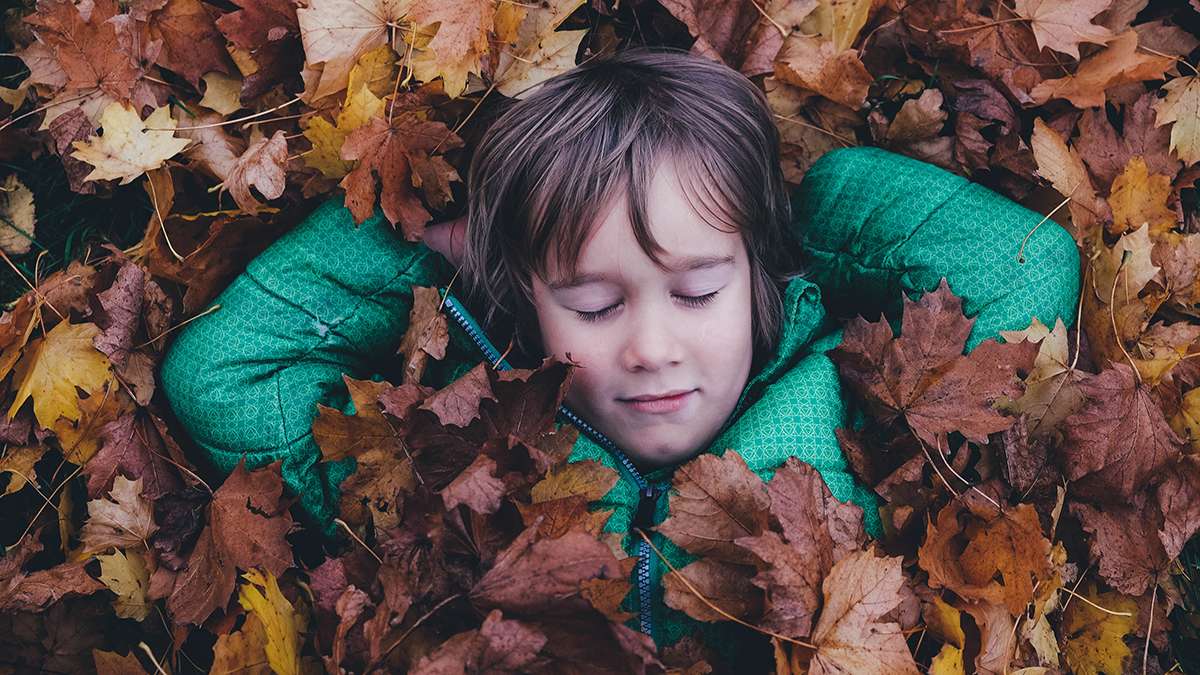
Exploring the Connection between Sleep Problems and Autism
The National Institute of Health states that sleep plays a vital role in an individual’s overall health. The organization adds that obtaining adequate quality sleep can help protect a person’s physical and mental health, safety, and quality of life.
People who do not get the right amount of quality sleep will experience various health problems, such as a weakened immune system and trouble with concentration and thinking. Sleep deprivation, however, is a more significant issue for children with autism.
Autism and Sleeping Issues
According to Autism Speaks, an autism advocacy organization, up to 80 percent of kids with autism have a tough time getting a good sleep. Insufficient sleep increases irritability as well as difficulties managing frustration throughout the day. Moreover, children with autism often have coexisting health problems like seizures, sensory processing issues, and gastrointestinal reflux. While any one of these conditions can disturb sleep, a combination of them can be catastrophic.
Sleep Patterns of Children with Autism
Kids with autism sleep differently compared to other children. A comprehensive study done by the Archives of Disease in Childhood looked at the sleep patterns of children with this condition.
The study revealed that noticeable differences in sleep patterns started to surface at around 30 months of age and sustained through the 11-year endpoint. Over this period, kids with autism slept less compared to other children. Moreover, parents of children with autism were more likely to report at least three wakings every night.
Typical Sleeping Problems of Kids with Autism
Some parents report that their children have trouble staying in bed and falling sleep throughout the entire night. Inadequate REM sleep and frequent night waking can have terrible long-term effects on a child’s body and brain. A study published in Behavioral Sleep Medicine, in fact, reported that sleep-onset delay problems were concurrent with bedtime resistance, sleep duration problems, and night wakings.
Helping Your Child with Autism Obtain a Restful Night’s Sleep
If your child has autism and is not getting the right amount of sleep, it’s crucial that you do not immediately resort to sleep medications. Instead, take note of these natural sleep aids and lifestyle changes that can improve sleep quality and time for your kid:
- Set a Nighttime Routine – Routine is essential for all children, but especially crucial to kids with autism. Keep bedtime consistent, so your child knows what to expect during this time. You could follow the typical routine of bathing your child, reading him or her a bedtime story, and tucking him or her to bed.
- Keep Distractions Away – Shut down stimulating activities like video games and TV before your child’s bedtime. Additionally, you can install heavy curtains in your child’s bedroom to block out any intense light.
- Try Aromatherapy – Certain essential oils help take away stress and promote sleep. Calming scents, such as vanilla and lavender, can help get your child to sleep faster.
Addressing sleep problems early can positively influence overall health. Incorporating Physical Therapy for Children may also support better sleep by promoting relaxation and reducing stress.
If you need further assistance for your child with autism, don’t hesitate to turn to Achievement Balance. Some of the autism pediatric therapy services we provide to families who want stability in their households include Applied Behavior Analysis (ABA) therapy, Cognitive Behavioral Therapy (CBT), and speech therapy. We also offer a community-based program that provides each child with the chance to learn a range of skills, including social skills, flexible thinking, reasoning, and handwriting.
Contact us today for more details.

